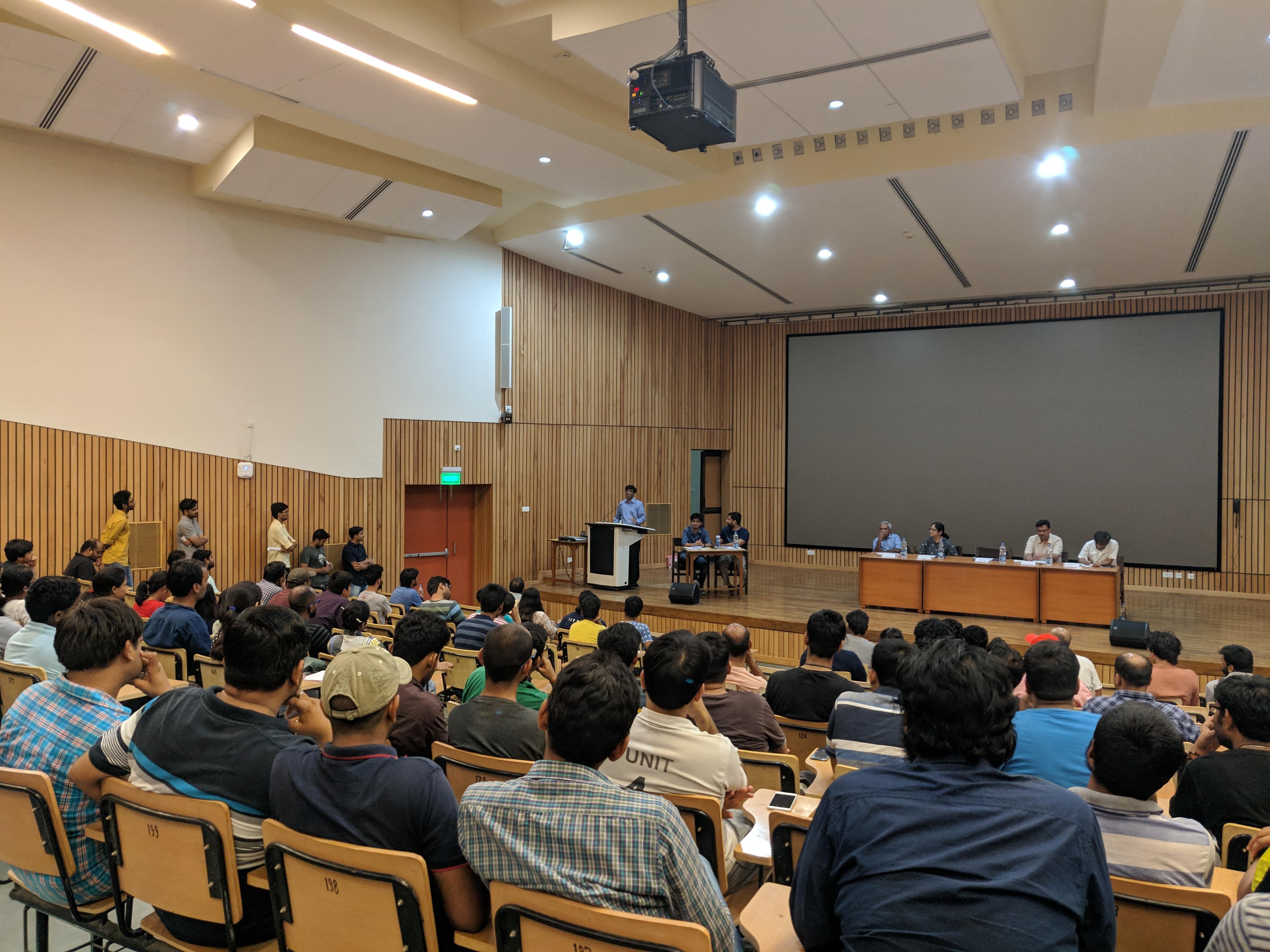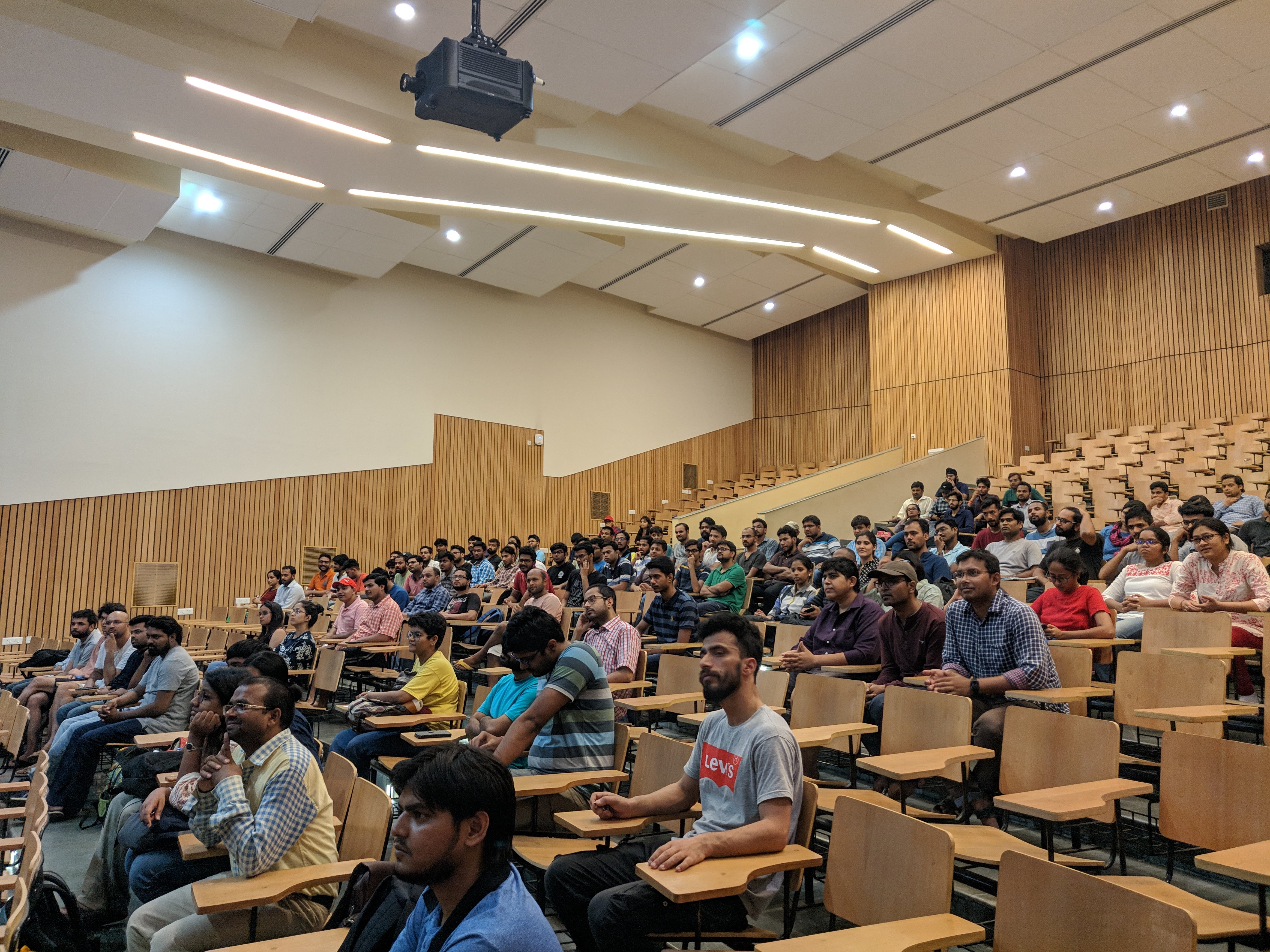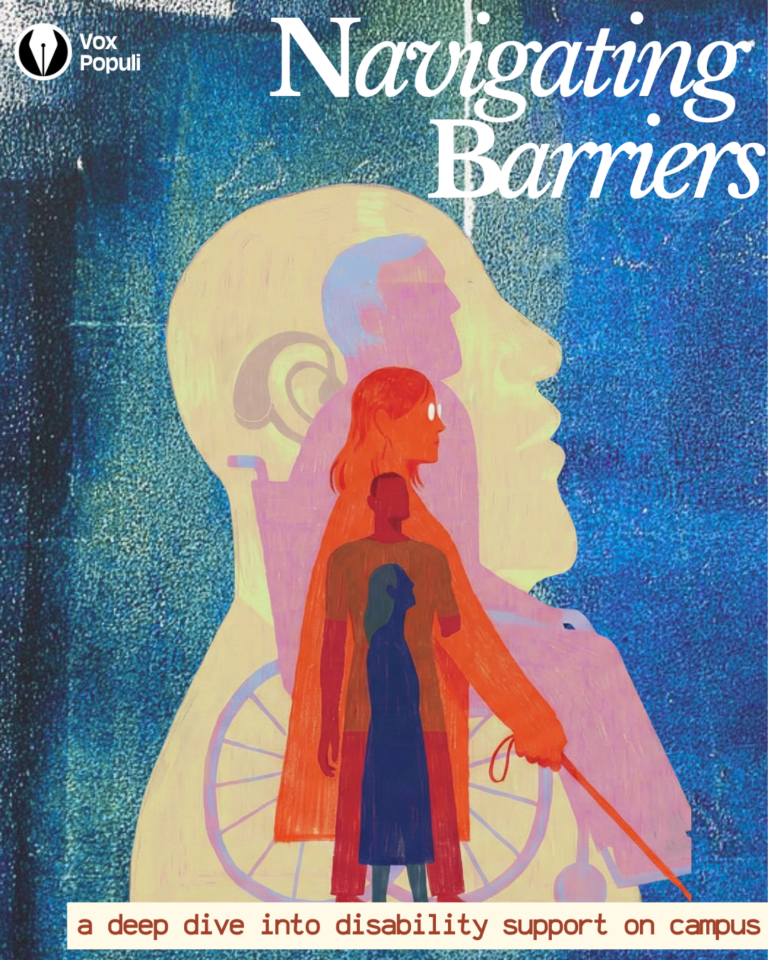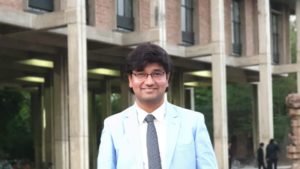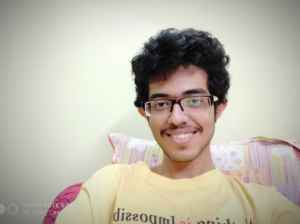The session began by the moderators, Rupesh Chafle and Vineeth Vijayan, two responsible people from the PG community who stepped in to take the responsibility, acknowledging the fact that IIT Kanpur is increasingly becoming a postgraduate college and therefore for their security and issues the open house was organized. The Director, DoAA, DoSA, DoRD and PGARC Chairman were present on the panel.
One of the first issues to be discussed was the Completion of Ph.D. MTech and MSR. Ideally, the doctorates should be contained in 5 years and MTech and MSR should be completed in their period, it will also save the resources of the institute. However, quite surprisingly, around 25% of the crowd present were beyond 5 years into their doctorates.
Students were of the view that the widespread perception among the faculty is that, since most people cannot complete their doctorates in five years, it is okay if it gets stretched for another two years. According to them, it has become a common culture. They emphasized that this ‘culture’ was at blame, and there is a need for change. They also claimed that there had been cases where the student had not gotten a single X grade but still had their Ph.D. extended and wherein MSR was also extended from 22 months to 3 to 3.5 years. Also, the students claimed that in the HSS department coursework before the Ph.D. is not really necessary and only extends the Ph.D. They also think that comprehensive examinations in HSS only serve to waste time since the students have studied for examinations before related to the subjects in them. They felt spending another six months is useless. Besides, a lot of time is consumed in the correction of papers, the setting of workshops, and the setting of meetings.
The Director responded by requesting the PGARC to try ensuring the completion of Ph.D.in at least six years and also to contain MSR and MTech in their particular period. He also suggested an analysis of the delay in Ph.D. to be done. He further advised the students to concentrate on their Doctorates instead of experimenting with other departments, which eventually results in an extension of the degree.
Regarding the course work in HSS Ph.D. the DoAA claimed it to be an essential part of the doctoral itself. She also emphasized on the importance of comprehensive examination and said that work should be done to make it more relevant. “For the question is not whether the examination is relevant or not rather the question is what can be done to make it more relevant.” remarked the DoAA.
The next discussion was on semester exchange programs, research related conferences, and collaboration with research industries. Regarding which the director clearly stated that in no way is the institute discouraging any of its student for any of the above if it is compatible with their doctorates in the institute. He also mentioned that if the research industry collaborates with the supervisor of the student, then there won’t be any problem, but that isn’t the case most of the time.
The session further extended to the discussion about the financial help for the students. According to students if the doctorates are extended due to no fault of the student, the institute should provide financial aid.
Students claimed that there had been cases where the equipment needed to complete the thesis have either broken down or have not been present at that time or a lot of time has been taken to replace them resulting into an extension of Ph.D. In a specific case of Nuclear engineering, the supervisor had left in the middle of the Ph.D., and there was no current faculty in that specialization at that time, the students had to change their specializations which led to the extension of their Ph.D.
As a solution, the students proposed an idea of inter IIT collaboration where in case the current institute does not have a professor of the specialization or has left then the students can approach other IIT professors for help. The DoAA mentioned that the above idea is already in the air. The director suggested that in the cases of equipment failure, the institute can see into financial help. He further said that most of the time, the faculty continues to connect with the students here even after leaving and so, called the case of Nuclear Engineering “an unfortunate exception.”
Students further put forth the problems they were facing due to lack of administration. They believed that it is unfair to the student doing research, when the supervisors do not place tender for the repair of equipment on time resulting into a huge delay or when the projects with the instruments not available are assigned to the students. They claimed that there are centers in IITK which have not been operated for years because of their broken equipment and also stated that the state of the art instrument in IIT Kanpur is only utilized from 8 AM to 5 PM in a day when the booking of this facility is made from a month earlier from all over the country. They suggested that this facility can be used 24*7 and can generate revenue from it.
The Director then said that a position is being created called DEAN OF STORES AND PURCHASE, who will look into the equipment problem. The DoRD assured that the point about the facilities would be looked into by the administration. He also suggested that smaller problems like opening labs for 24 hrs should be addressed by department heads and said that a meeting would be conducted with them in this regard.
The next topic of discussion was the delay in the stipend that had been started by the government and CSIR fellowship. The Director assured the students that the government given stipend that was initiated from January would be started soon. He clarified that the CSIR fellowship does not come under the institute since the money is directly sent to the students account directly. PGARC chairman remarked that this is not the first time the delay has occurred. He further mentioned that earlier when the fellowship used to be transferred through the institute if and when the delay occurred, the institute did give the money through its funds. DoAA also assured that the institute should see into the CSIR fellowship and have a talk with them and also asked the students to contact her in case there are any more delays.
The students further pointed out that the number of awards that the Ph.D. can apply for during convocation are barely any. The director immediately addressed this problem, informing that this is already being looked into and assured that in another 6 to 8 months, more awards would be implemented.
One of the other issues discussed was the need for a central information portal, like the SPO portal, wherein the information about openings in university and R&D institutes can be obtained. And also that the SPO should shoulder the responsibility for inviting R&D and industrial research. Director conveyed that a post of CAREER DEVELOPMENT OFFICER is being made the same as DPC for Ph.D. students.
Students further expressed that they want the authorities to look into the point that the supervisors want their student to write the technical reports of equipment in the lab.
Also, the fact that if the student supervisor relation breaks down, the career of the student goes into a dump. Director responded by saying that the work given to the students by the supervisors other than the thesis should be taken as work for the greater good of the lab. He further remarked that the relationship between supervisor and student should be based on trust and the entire PG system should be based on familial bonds. Adding on he said, as long as the work is not too personal and is related to lab work, it can be treated as professional. The DoAA then told that in extreme cases of student and supervisor relation break down; the student can approach DoAA or else it is better for both the parties to come to a middle ground on their own.
Students further conveyed that being given the tutor and TA duties during the 4th and 5th year pressurizes the student, and the allotment of TA and Tutor duties to the same people seems unfair. The PGARC chairman replied by saying that it is a volunteer activity, and most of the time there are not many students who are ready to volunteer, and therefore the duty falls to the same students time and again. He further said that the professor has the choice on whom to make the tutor, which cannot be questioned. DoAA also assured that the pressure on 4th and 5th year students because of the duties would be looked into and most probably only the 3rd year will be allotted the responsibilities.
Further students claimed that the waiting list of SBRA is as long as 79 members and suggested an alternate allotment place perhaps a new hostel. The DoSA mentioned that last year 15 quarters were issued from type2 and CBWD and this year 15 more will be allocated, but a new SBRA hostel is not possible as of now. Director further added that a new SBRA hostel is not in the cards as a new 3000 seater hostel and new lecture hall facilities along with a place for staying for the new faculty is already being made. He clarified that all of this construction is part of the 300 crore loan and the government has only given 64 crore package for this.
Several students raised their concerns about security on campus. It was brought to public attention that their need to be increased security near the NWTF and other remote laboratory areas (places that are far away from the center of the IITK). The DoSA immediately addressed this issue and assured that firm actions would be taken to improve this situation.
Many students from the community expressed the need for a common platform for information bulletin and communication between the professors and students. The DoAA said that all the major organization releases their minutes and agendas for all meetings. Further adding to it the PG-ARC chairman said that all the organizations consist of student representatives who should make the best use of that opportunity and make sure that facilities given to students are not underutilized.
Some students raised concerns about their privacy intrusion by the administration. They feel exploited due to constant policing. The director remarked that those measures were taken keeping in mind the recent security breaches in IITK. He added that it could be seen that this policing does not make anyone feel alienated and is done as nicely as possible.
The popular opinion among the PG community was then summarised by one of the students. One thing pointed out was that the problem of infrastructure was not openly discussed. If an instrument is not working, it takes 7 to 8 months for being replaced, but the impact on a student is immediate, which results in negativity. The point made was that the opinions of Ph.D. in the ’90s and ’80s are different from those of Ph.D. today. Even though most problems do not have a general solution, it is a part of a full-blown crisis. He felt that the students are powerless in front of a mess and therefore, the doubt and distrust between the institute and students. It was emphasized that this distrust is resulting in a negative outlook that warns others not to do their Ph.D. here if possible.
Written by Aditi Bajpai, Amisha Shahdeo and Krishn Maddhesiya
Edited by Avisha and Raman Deep Kaur




